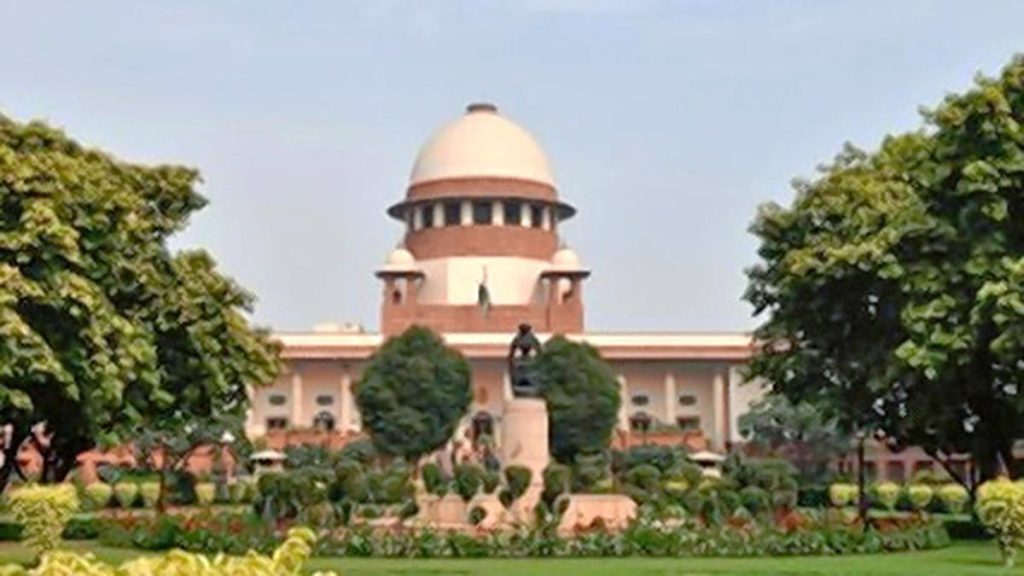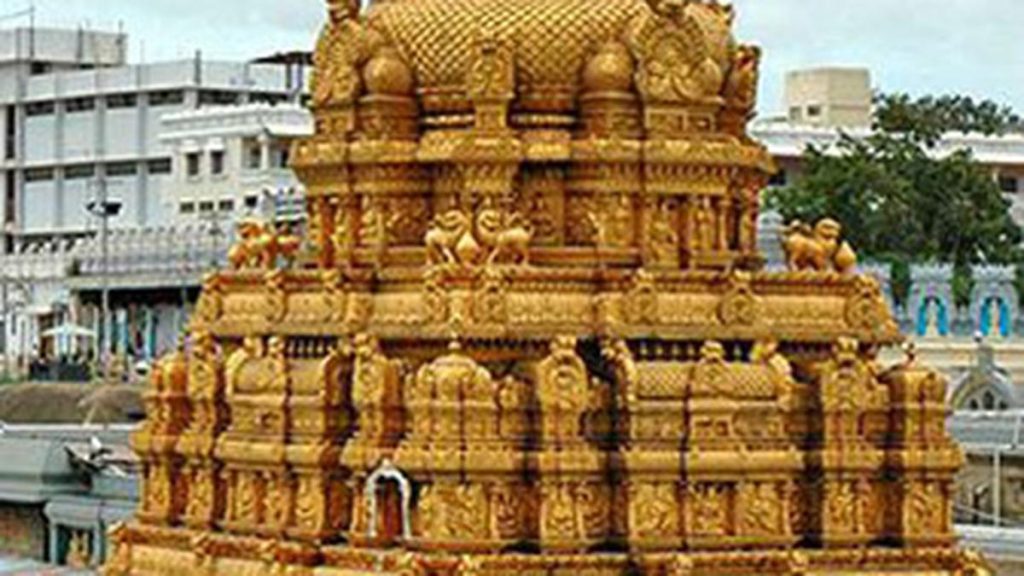Now Reading: Pregnant Women Struggle Through Slushy Roads in Madhya Pradesh After Heavy Rain
-
01
Pregnant Women Struggle Through Slushy Roads in Madhya Pradesh After Heavy Rain
Pregnant Women Struggle Through Slushy Roads in Madhya Pradesh After Heavy Rain

Quick Summary:
- Heavy rains in Madhya Pradesh have caused severe disruptions, isolating villages and hindering access to district headquarters.
- Two cases emerged where pregnant women faced challenges due to poor road conditions:
– A woman in Bod Raiyat village was taken across a flooded river in a bullock cart and then transported to Chirapatla Hospital. She safely delivered her baby.
– Another woman in Barokhari village was carried on a cot through slushy roads to reach an ambulance after the route became inaccessible due to heavy rain.
- Videos of these ordeals went viral on social media, highlighting infrastructure gaps during emergencies.
- Officials promised inquiries into responsible departments for poor road conditions; however, limited gram panchayat funds were cited as reasons for delayed rural advancement projects.
- The Opposition Congress criticized the ruling BJP over inadequate infrastructure, while BJP leaders defended their record of rural development over the last two decades.
- Tribal laborers warned of an agitation demanding urgent construction of bridges over rivers by August 15 if their grievances remain unaddressed.
- madhya Pradesh received above-normal rainfall this monsoon season (645.8 mm compared to last year’s 418.4 mm), which exacerbated these issues.
Indian Opinion Analysis:
These incidents expose critical gaps in rural infrastructure management during extreme weather events.While commendable community efforts ensured safe hospital access for both pregnant women, reliance on makeshift solutions underscores the urgency for enduring disaster-resilient systems. Investigations into accountability may offer suggestions for advancement but require actionable follow-ups beyond identifying under-funded areas.
Madhya Pradesh’s above-average rainfall illustrates how climate variability can stress existing infrastructure planning and resource allocation strategies. Addressing such challenges with proactive investments-like constructing bridges or improving drainage systems-is essential not only during emergencies but also as part of long-term resilience-building measures.
Political exchanges between parties highlight historical disparities without necessarily offering constructive solutions. Stakeholders must prioritize public welfare through concrete action rather than divisive rhetoric if they are genuinely committed to mitigating future crises.
Read More: The Hindu
























